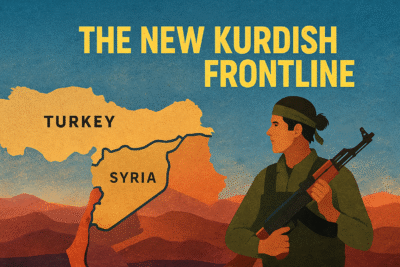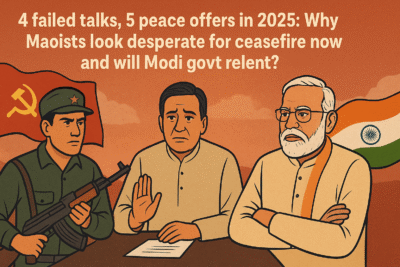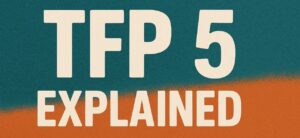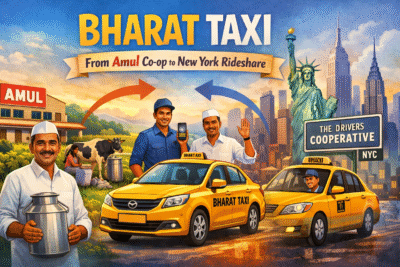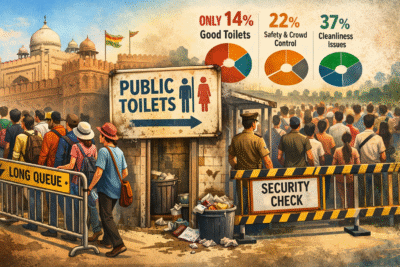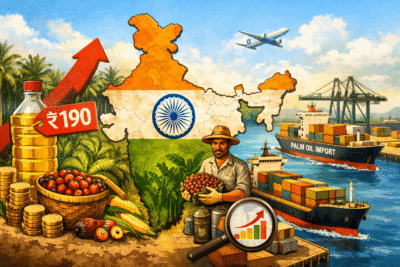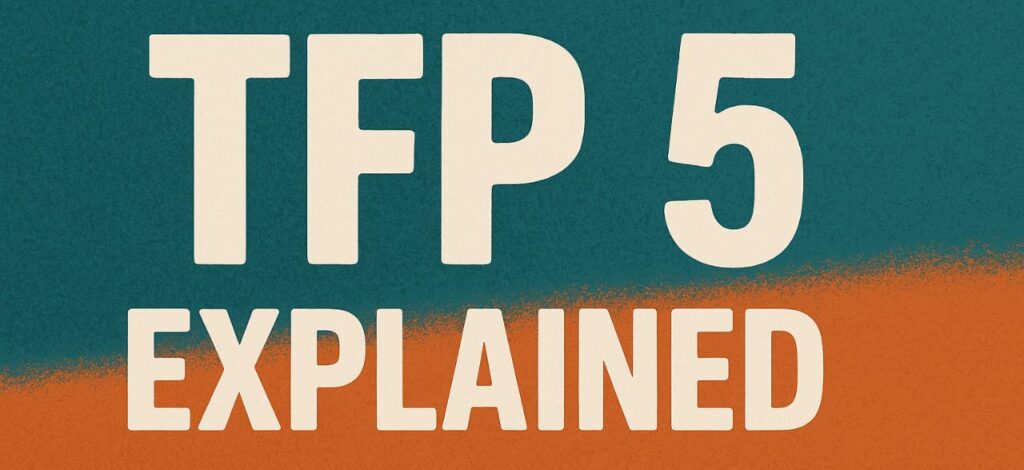
TFP 5 Explained
Today, we are following:
1. India bioenergy push
2. Mission Mathematics India
3. Europe Heatwave
4. DR Congo Rwanda Peace
5. Canada Nato Spending
1.
India boosts bioenergy push with new Waste-to-Energy rules
What
India’s Ministry of New and Renewable Energy (MNRE) has revised its Waste-to-Energy guidelines to address mounting waste management challenges, reduce landfill dependency, and harness bioenergy for sustainable development. The government aims to drive innovation and investment in clean energy while supporting micro, small, and medium enterprises (MSMEs).
What do the new rules entail?
The updated guidelines simplify project approvals, introduce financial incentives, and encourage public-private partnerships. Special provisions support MSMEs in adopting bioenergy technologies, making it easier for smaller players to participate. The initiative aligns with India’s climate commitments and aims to reduce greenhouse gas emissions.
Changes welcomed?
Environmentalists and industry leaders have welcomed the changes, noting that streamlined processes could unlock significant investment. However, experts stress that effective implementation and monitoring will be crucial for long-term success.
So what?
India’s revised Waste-to-Energy rules mark a decisive step towards a greener future. If executed well, this policy could transform waste management, create jobs, and help India meet its clean energy targets — setting an example for other developing nations.
2.
Mission Mathematics expands: India targets stronger foundations in schools
What
The Department of Education has announced the expansion of the Mission Mathematics programme to include Classes 6 and 7. This initiative aims to strengthen foundational mathematics skills among Indian students, addressing learning gaps and better preparing them for higher education and competitive exams.
What’s new here?
The expanded programme features updated curricula, interactive teaching methods, and digital resources. Teachers will receive specialised training, and regular assessments will track student progress. The government hopes to foster analytical thinking and problem-solving abilities from an early age.
The reception
Educators and parents have largely welcomed the move, viewing it as a much-needed step to boost numeracy and confidence in mathematics. Some, however, urge the government to ensure equitable access to resources, especially in rural and underprivileged areas.
So what?
Expanding Mission Mathematics could have a lasting impact on India’s education system, equipping students with crucial skills for the 21st century. Success will depend on effective teacher training and resource allocation across diverse regions.
3.
Why Europe is on fire: Heatwave intensifies, health and wildfire risks surge
What?
Europe is enduring an intense heatwave, with temperatures exceeding 40°C in cities such as Marseille and Madrid. Persistent high-pressure systems, exacerbated by climate change, are driving record-breaking heat across France, Spain, and Italy.
How have authorities responded?
Governments have issued public health warnings, opened cooling centres, and restricted outdoor activities during peak hours. Firefighters are on high alert as drought conditions raise the risk of wildfires, threatening homes and agriculture. Hospitals are preparing for a surge in heat-related illnesses, particularly among vulnerable populations.
What are the broader implications?
Scientists warn that such extreme events will become more frequent as global temperatures rise. The heatwave has reignited debates on climate adaptation, renewable energy, and urban planning across Europe.
So what?
Europe’s heatwave is a stark illustration of climate change’s immediate impacts. The continent’s response will shape future climate resilience policies and highlight the urgent need for global action.
4.
Africa opts peace: DR Congo and Rwanda sign landmark deal in US
A breakthrough
The Democratic Republic of the Congo (DRC) and Rwanda have signed a historic peace agreement in Washington, DC, aiming to end years of conflict in Central Africa. Persistent violence in eastern DRC, fuelled by armed groups and regional rivalries, has displaced millions and destabilised the region.
What does it cover?
The deal includes commitments to disarm militias, strengthen border security, and promote economic cooperation. The United Nations played a key mediating role, with Secretary-General António Guterres hailing the accord as a “breakthrough”.
But challenges remain
Scepticism persists among local communities, who recall past agreements that failed to deliver peace. Effective implementation, trust-building, and sustained international support will be essential.
So What?
If successful, this peace deal could transform Central Africa’s security landscape. Its success will depend on genuine political will and ongoing international engagement.
5.
Canada finally commits to major Nato defence spending spike, but why now
What?
Canada has announced it will raise defence spending to 5% of GDP by 2035, in line with the new Naro target. Rising geopolitical tensions, particularly in Eastern Europe and the Arctic, have prompted Nato allies to bolster their military capabilities.
Is Carney at home?
Not exactly. Prime Minister Mark Carney faces criticism over the potential impact on public services, with some arguing that funds would be better spent on healthcare or education.
Any global security angle?
The move signals a renewed commitment to collective defence, but also raises questions about alliance priorities and the balance between military and domestic needs. With the US pressing the reset button on global security order, the biggest military alliance is going through a phase of flux. Each participant is trying to adjust to what could be the new normal.
So what?
Canada’s decision reflects a world facing new security challenges. The debate over defence spending versus social investment will shape both national policy and Nato’s future direction.
